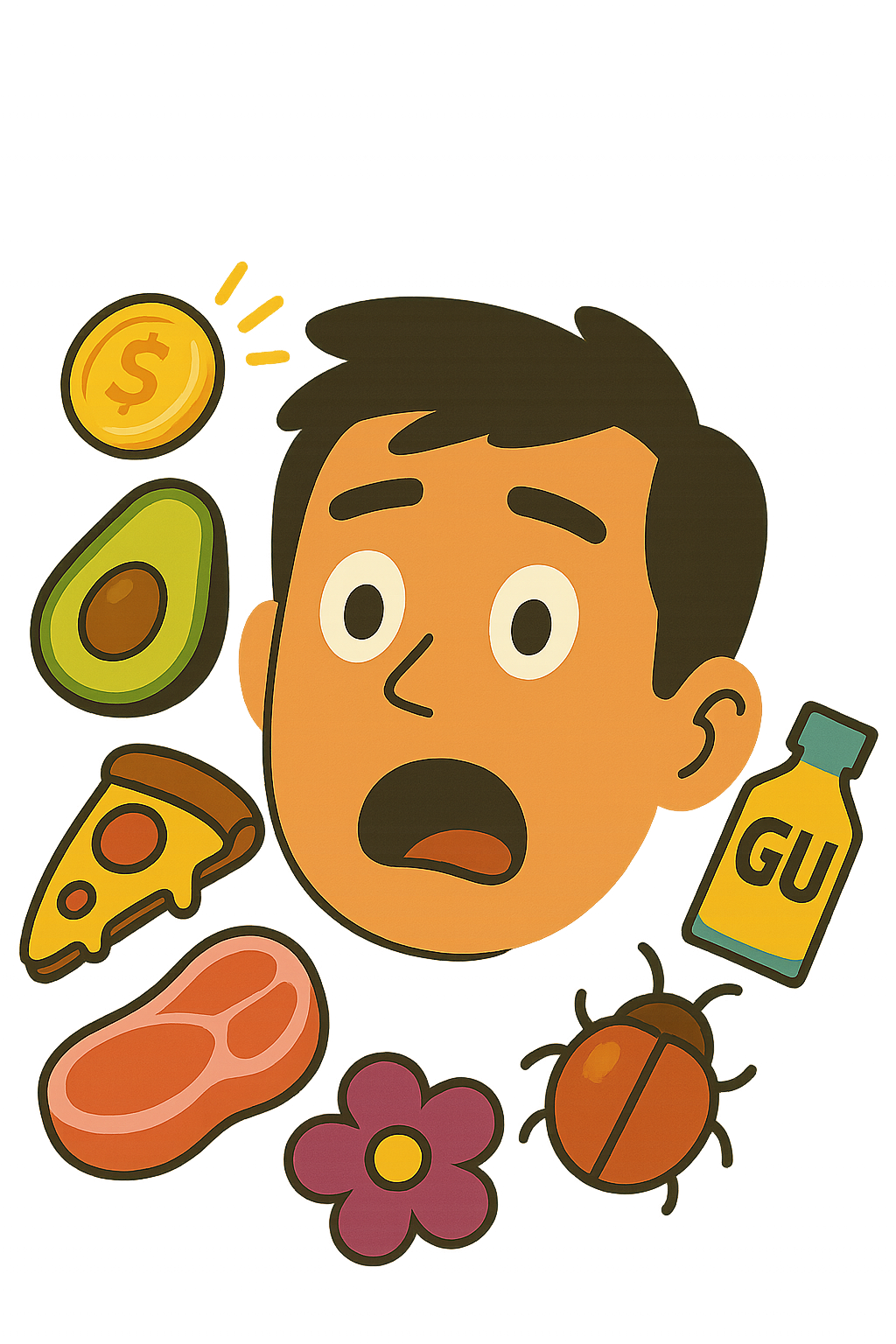Can I eat ricinus communis seeds?
Quick Answer
No
Ricinus communis seeds, also known as castor beans, contain a highly toxic compound called ricin. Ingesting these seeds can lead to serious health problems and even death.

What Is It?
Ricinus communis, also known as the castor oil plant, is a species of perennial flowering plant in the spurge family, Euphorbiaceae. Its seeds, commonly referred to as castor beans, contain a toxic compound called ricin.
Historical Context
Ricinus communis has been used for centuries for its oil, which is used in a variety of industrial applications. However, the raw seeds have been known to be toxic since ancient times.
How to Tell
Symptoms of ricin poisoning can include abdominal pain, vomiting, diarrhea, rapid heart rate, low blood pressure, and seizures. In severe cases, it can lead to multi-organ failure and death.
Why It Can Be Risky
The primary risk associated with ingesting ricinus communis seeds is ricin poisoning.
- Ricin is one of the most toxic naturally occurring substances known. It can cause severe damage to the body’s cells and organs.
- Even a small amount of ricin can be lethal. There is no known antidote.